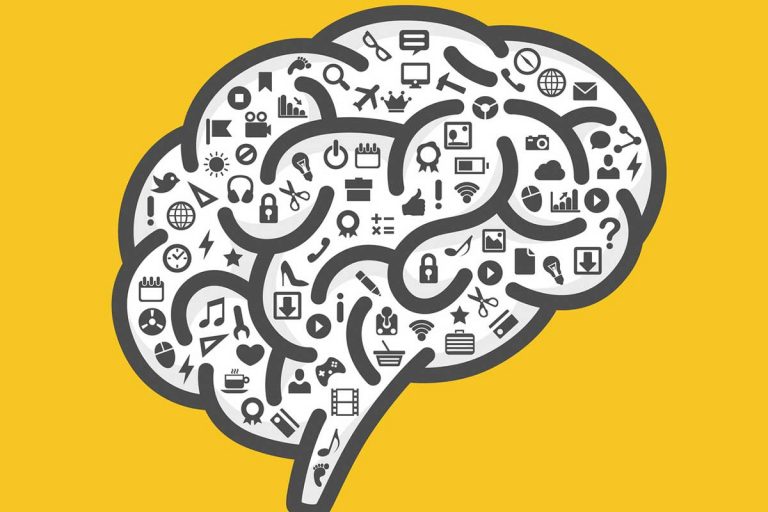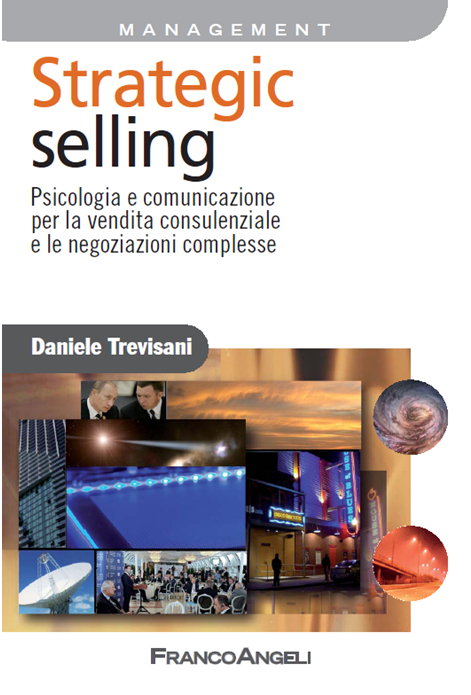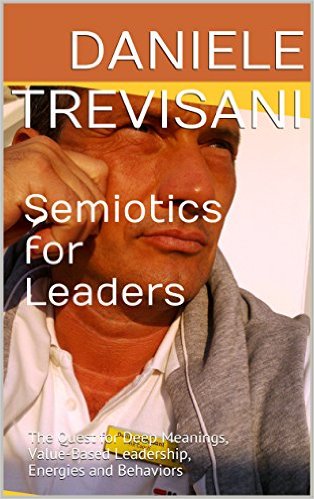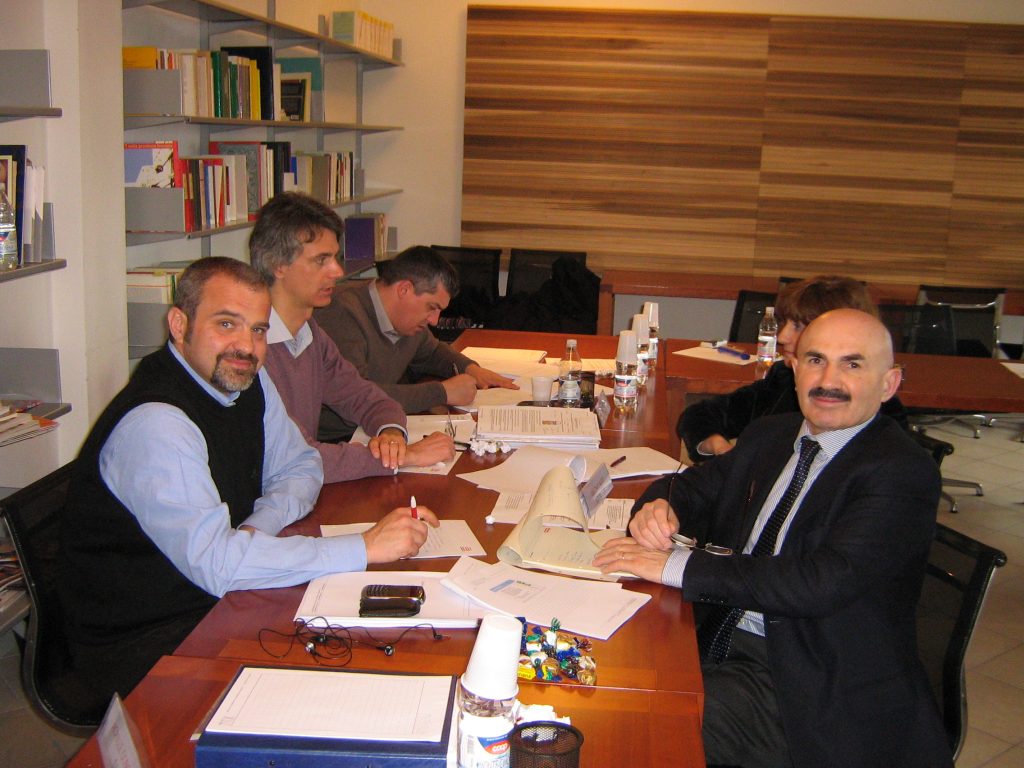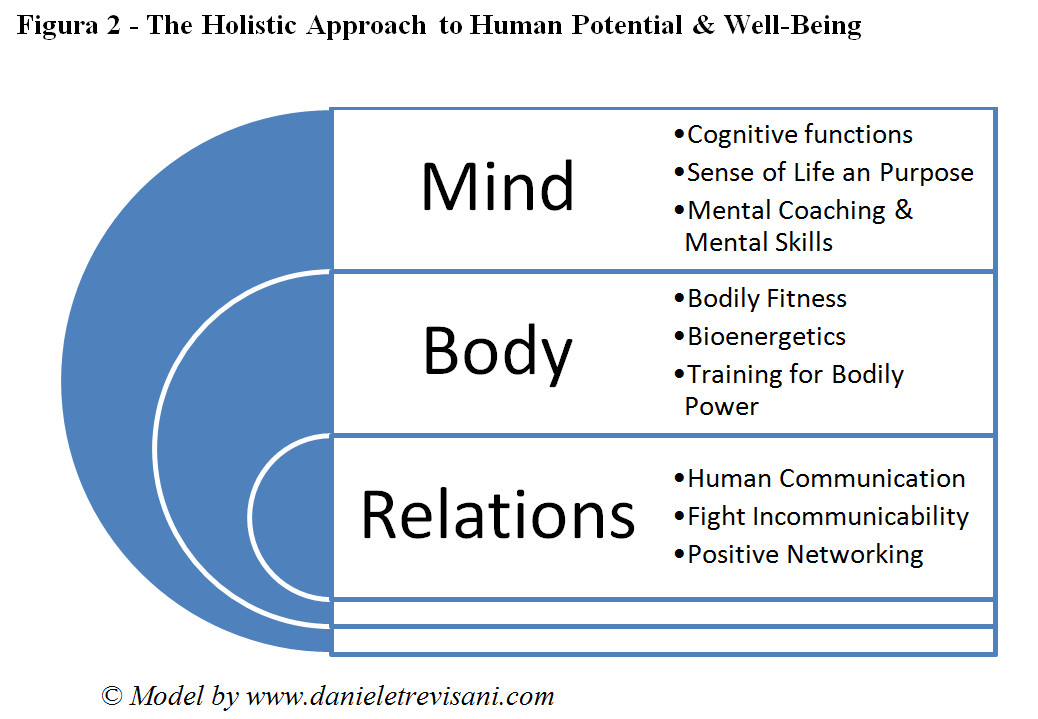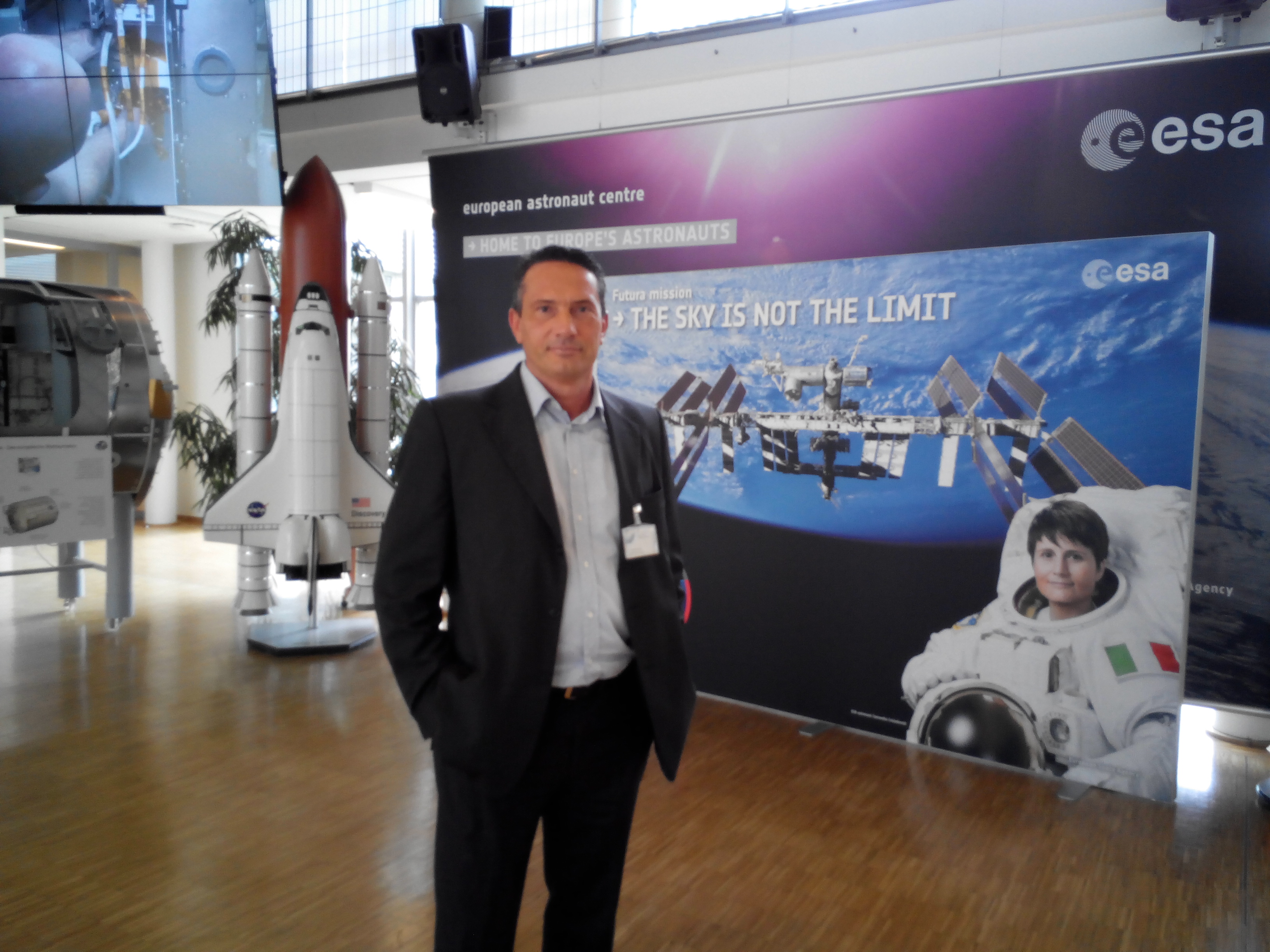© Article translated from the book “Strategic Selling: Psicologia e Comunicazione per la Vendita Consulenziale e le Negoziazioni Complesse” (Strategic Selling: Psychology and Communication for Consulting Sales and Complex Negotiations) copyright Dr. Daniele Trevisani Intercultural Negotiation Training and Coaching, published with the author’s permission. The Book’s rights are on sale and are available. If you are interested in publishing the book in English, or any other language, or seek Intercultural Negotiation Training, Coaching, Mentoring and Consulting, please feel free to contact the Website on Intercultural Negotiation
__________
Today’s article is about the importance – for negotiators – of having an analyst’s mind to observe, analyse and understand what happens around them, grasping all meanings behind words and gestures.
The world of sales and marketing is made up of choices.
As Mick notes, “the macro–marketing system is, to a large extent, the function of many micro marketing decisions made every day.”
And, for every micro-decision, our mind must be prepared to carry out quick, sometimes even immediate, analyses.
Complex selling can be considered as the function of many micro and macro behavioural and strategic skills (such as the ability to conduct a conversation, observe non-verbal details, doing scenario analysis, planning and creating projects and reports, etc.).
The analyst’s mind does not stop at deskwork, but can be found in every contact, in every handshake, in every meeting and in every analysis.
Nothing is overlooked.
It also includes macro skills, such as the ability to carry out socio-economic analyses, to design complex plans, to process data, to carry out an entire scenario analysis and to set up a strategy.
No one can expect to conclude deals or create complex projects without having, or developing, a deep analytical attitude or an “analyst’s mind“.
An analyst always asks himself “why”. He notices signs and symptoms, develops hypotheses, looks for more information, researches, wants to understand.
This attitude, called strategic empathy, includes different levels of understanding, a strategic attention to the client:
- behavioural empathy (understanding all behaviours of the company/client, with whom we want to work and interact),
- cognitive empathy (understanding how other people think),
- emotional empathy (understanding other people’s emotional state),
- relational empathy (understanding others’ relationships network).
Let’s think about the opposite:
- we do not understand others’ behaviours and we cannot grasp their meaning,
- we do not understand the reasons of what is happening,
- we do not understand what role the other party is playing,
- we do not understand how other people think and we believe that they think exactly as we want them to think according to our logic.
Let’s also imagine what it means to carry the burden of emotional insensitivity, the inability to grasp emotional nuances or to understand if the person we are dealing with is sad or happy.
Let’s imagine what it means to be indifferent to how and why the person in front of us reacts to a choice – or to some aspects of the project we are developing – in a certain way, instead of another, without being able to understand what worries him/her, or what interests him/her.
And again, let’s think about the problem of cultural gaffes that can offend a foreign executive, whose position is extremely important for the success of the deal.
Another major issue concerns the insensitivity towards the decision-making framework, the power relationships, the power matrix, the risk of not understanding whether we are dealing with a real decision maker or with a simple emissary, an influencer, or with someone who has no power. Wasting time is not pleasant for anyone.
the lack of an analyst’s mind can lead us to lose sight of people and corporate roles that we should involve in projects, even though we are completely neglecting them, and, even worse, to take inter-relationships for granted, for example we do not understand that there is a gravity centre (key concepts and people) in every purchase, in every decision.
A large part of complex negotiations consists in “attracting” decision-making gravity centres, and in the ability to manage personal meetings and develop human relationships.
In this difficult world, only knowledgeable people and people who have an “analyst’s mind” can penetrate hostile systems, identifying priorities and the “moves sequence” that can help them shift the decision-making balance in their favour.
People who have an analyst’s mind ask the following questions: “Why are you saying this?”, “Why are you saying this now?”, “What lies behind this question?”, “Why is Dr. X… not present at this meeting, while he was present at the other one? “,” For what reasons could they say no to us? “,” What unique products can we offer? “. Obviously, there are many other questions, but they are never stereotyped, never the same.
For complex projects, an overview ability is needed to understand all relationship systems.
grasping the meaning of a macro-project, understanding when it’s time to have a meeting, identifying what critical information are needed (Info-Gap) and examining negotiation’s micro-details are all part of the overview skills.
Micro-analysis skills are equally essential (e.g. understanding how a phone call, a meeting, a handshake, a glance or a gesture is managed). After that, we can focus again on macro-details and, when needed, rethink an entire strategy.
In other words, business successes depend not only on great strategies, but also on the ability to achieve results in every single sale and become proficient in every single conversation that is part of the sales line.
The sales’ action line, as well as the action line of negotiations, require specific sensitivity: we must be sensitive to “holistic” communication, where every action, behaviour, or non-action has a meaning.
We must develop and improve this sensitivity through daily practice, contact after contact, negotiations after negotiations, meeting after meeting, phone call after phone call, etc.
This ability is useful in any situation and can help us understand the place where we must park near the client company, if we must open the door to someone or not, if we must offer a coffee or a gift, etc.
Strategic sales and complex negotiation professionals have a way of working that is also a way of being.
Corporate titans and small businesses must continuously face “moments of truth” in their Business-to-Business negotiations with distributors, suppliers, sales networks, corporate buyers, such as face-to-face meetings, discussions, emails, presentations, answers to questions, etc.
For each of them taking care of their relationship skills and of their personal skills of analysis and communication is essential and can help them develop large projects and important sales.

© Article translated from the book “Strategic Selling: Psicologia e Comunicazione per la Vendita Consulenziale e le Negoziazioni Complesse” (Strategic Selling: Psychology and Communication for Consulting Sales and Complex Negotiations) copyright Dr. Daniele Trevisani Intercultural Negotiation Training and Coaching, published with the author’s permission. The Book’s rights are on sale and are available. If you are interested in publishing the book in English, or any other language, or seek Intercultural Negotiation Training, Coaching, Mentoring and Consulting, please feel free to contact the Website on Intercultural Negotiation
__________
For further information see:
- Studio Trevisani Academy’s Webstite For Business Training, Coaching and Mentoring, in Italian
- Dr. Daniele Trevisani’s Website in Italian
- Dr. Daniele Trevisani’s Website in English
- Comunicazioneaziendale.it – Italian website on Business Communication
- Medialab Research Cultural Association for Communication Research
- Dr. Daniele Trevisani Linkedin Profile in English
- Facebook Channel
- YouTube Channel
TAGS:
- ALM business method
- acting like professionals
- active training
- achieving results
- awareness of one’s role in negotiation
- Best coach in intercultural communication in the world
- Best coach in intercultural facilitation in the world
- Best coach in intercultural negotiation in the world
- Best world consultant in intercultural communication
- Best world consultant in intercultural negotiation
- Best world expert in intercultural communication
- Best world expert in intercultural negotiation
- Best world trainer in intercultural communication
- Best world trainer in intercultural negotiation
- book on intercultural communication
- book on intercultural negotiation
- book on strategic selling
- breaking the barriers of incommunicability
- communication difficulties
- communication skills
- communication skills acquisition
- Communication techniques intercultural communication
- Communication techniques intercultural negotiation
- communication training
- conversational skills
- creative strategies
- cross-cultural communication
- cross-cultural misunderstandings
- cross-cultural adaptation
- cultural systems
- dialogue between companies
- different cultural approach
- different cultural context
- direct line of communication
- disagreements
- Effective intercultural negotiation techniques
- face-to-face communication
- fighting spirit
- front-line communication
- Get-Ready Mind Set
- helping relationships
- high-context cultures
- How cultural differences affect negotiations?
- How does culture influence negotiation?
- Human Potential
- intercultural communication
- intercultural communication book
- Intercultural communication books
- Intercultural Communication Coaching
- intercultural communication pdf
- Intercultural Communication Trainers
- Intercultural Communication Training
- Intercultural conversation management techniques
- Intercultural Negotiation
- Intercultural negotiation books
- Intercultural Negotiation Coach
- Intercultural Negotiation Coaching
- Intercultural Negotiation Communication
- Intercultural Negotiation Consultant
- Intercultural Negotiation Consulting
- Intercultural Negotiation Counselling
- intercultural negotiation definition
- Intercultural negotiation exercises
- Intercultural Negotiation in International Business
- Intercultural Negotiation Mentoring
- intercultural negotiation PDF
- Intercultural Negotiation Process
- Intercultural Negotiation Strategies
- Intercultural Negotiation Timing
- intercultural negotiation training
- intercultural training
- Intercultural Training Consultants
- know-how
- leadership
- low-context cultures
- negotiating rules
- negotiation preparation
- negotiator’s emotional awareness
- negotiator’s growth
- open communication
- physical and mental energies
- Strategic Selling
- strategic spirit
- strategic negotiations
- think like professionals
- transparent communication
- What are the 5 stages of negotiation?
- What is effective intercultural negotiation?
- What is intercultural negotiation?
- winning relationships
- working on attitudes
- working on skills
- World’s most famous expert in intercultural communication
- World’s most famous expert in intercultural negotiation
- self-knowledge
- knowledge of others
- ways of relating
- an analyst’s mind
- micro and macro behavioural and strategic skills
- strategic empathy
- strategic attention to the client
- behavioural empathy
- cognitive empathy
- emotional empathy
- relational empathy
- power matrix
- decision-making gravity centres
- identifying critical information
- sales’ action line

